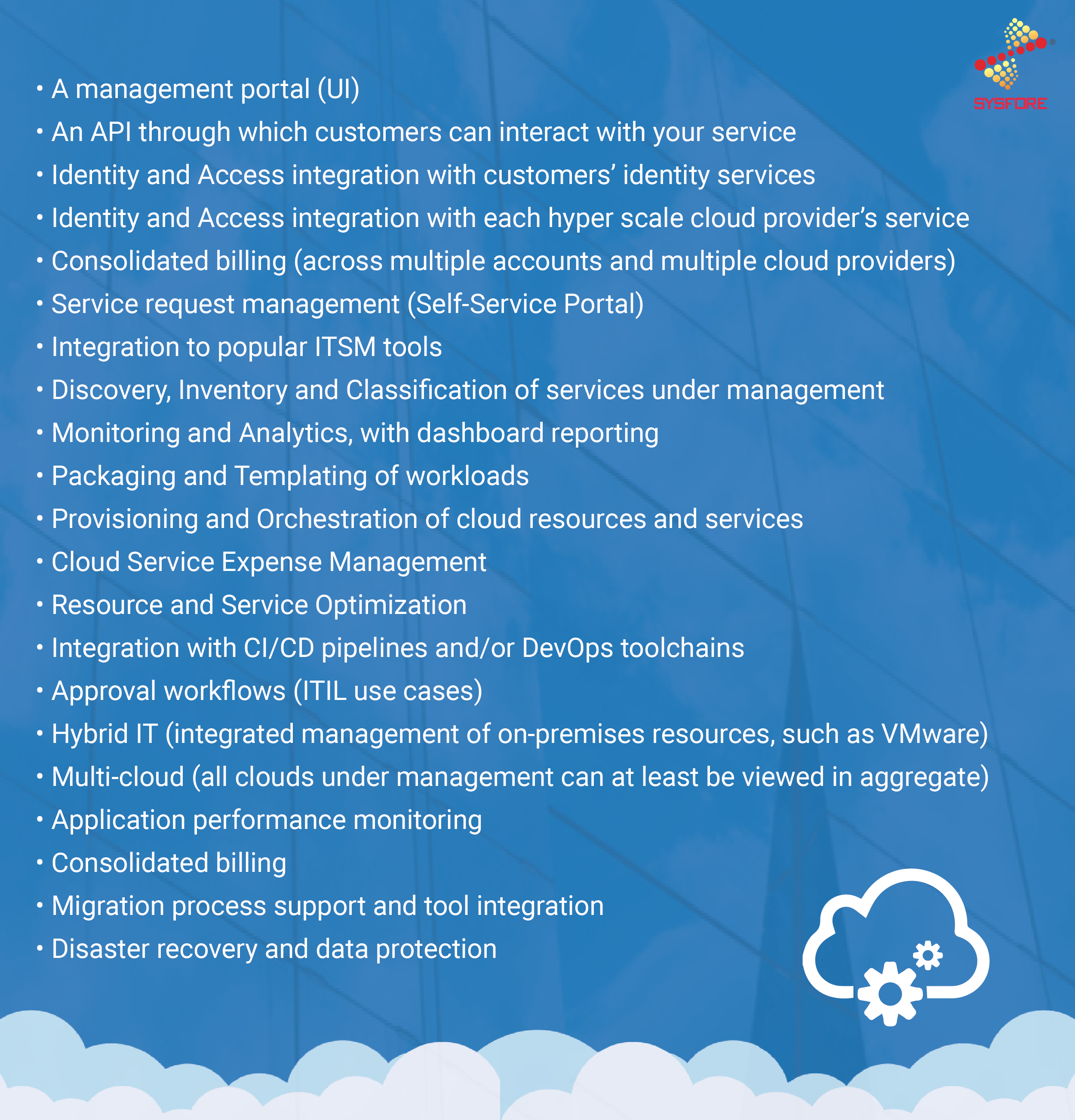It has become ineluctable to move your applications from virtual machines to something more faster and modern with the widening gap between business and IT needs.
The idea of containerization is not new, it has been around since the early days of Unix. Containerization is a way of software development in which an application and its dependencies and configuration are bundled up together as a container image. The containerized application can be tested as a unit in any operating system or any platform.
A containerized software enables developers to deploy them across any environment with little or no modification. The Docker Container model imitates the shipping model, like how shipping containers allow goods to be transported irrespective of the cargo inside.
A container is a standard unit of software that packages up the code and all its dependencies so the application runs quickly and reliably from one computing environment to another.
The Old Way to deploy applications was to install the applications on a host using the operating-system package manager. Entangling the applications’ executables, configuration, libraries, and lifecycles with each other and with the host OS. One could build immutable virtual-machine images in order to achieve predictable rollouts and rollbacks, but VMs are heavyweight and non-portable.
The New Way is to deploy containers based on operating-system-level virtualization rather than hardware virtualization. These containers are isolated from each other and from the host: they have their own filesystems, they can’t see each others’ processes, and their computational resource usage can be bounded. They are easier to build than VMs, and because they are decoupled from the underlying infrastructure and from the host filesystem, they are portable across clouds and OS distributions.
Reasons to modernize your IT infrastructure
- Aging infrastructure
- Low efficiency and reliability.
- High operational costs and capital expenditure.
- Growing security, audit, and compliance requirements.
- Inflexible and unable to keep up with business growth.
- Stagnant architecture
- Legacy stack and code.
- Long deployment times and release cycles.
- Incompatibilities with modern software systems.
- It’s hard or impossible to add new functionality.
- Innovation is happening outside IT, unmanaged.
Benefits of modernizing
- Turn CapEx into OpEx.
- Increased operational efficiency.
- Get out of the data center business.
- Meet security and compliance requirements.
- Reduce time and budget spent on infrastructure management.
- Rapid innovation
- Ship new capabilities faster.
- Achieve scalability with confidence.
- Better collaboration across business, Ops, IT and dev teams.
- Use any OS, App, language and use it anywhere(On-premise, cloud….)
“The application container market will explode over the next five years. Annual revenue is expected to increase by 4x, growing from $749 million in 2016 to more than $3.4 billion by 2021, representing a compound annual growth rate (CAGR) of 35 percent.”
-451 Research
Book a free expert consultancy on dockers and containers for your enterprise.
Get a 1:1 consultation with our consultant Now
Sysfore, A Microsoft Cloud solution provider and a Gold Partner, uses a leading network, technology, and service expertise to deliver our service anytime, virtually anywhere, quickly and efficiently. We have helped over 80 small enterprises and 30 mid-sized enterprises across the globe for a successful cloud migration in the past 8 years. Contact one of our experts today and we will help you find the perfect solution for your business. Write to us at info@sysfore.com or give us a call at +91 (80) 4110 5555.






